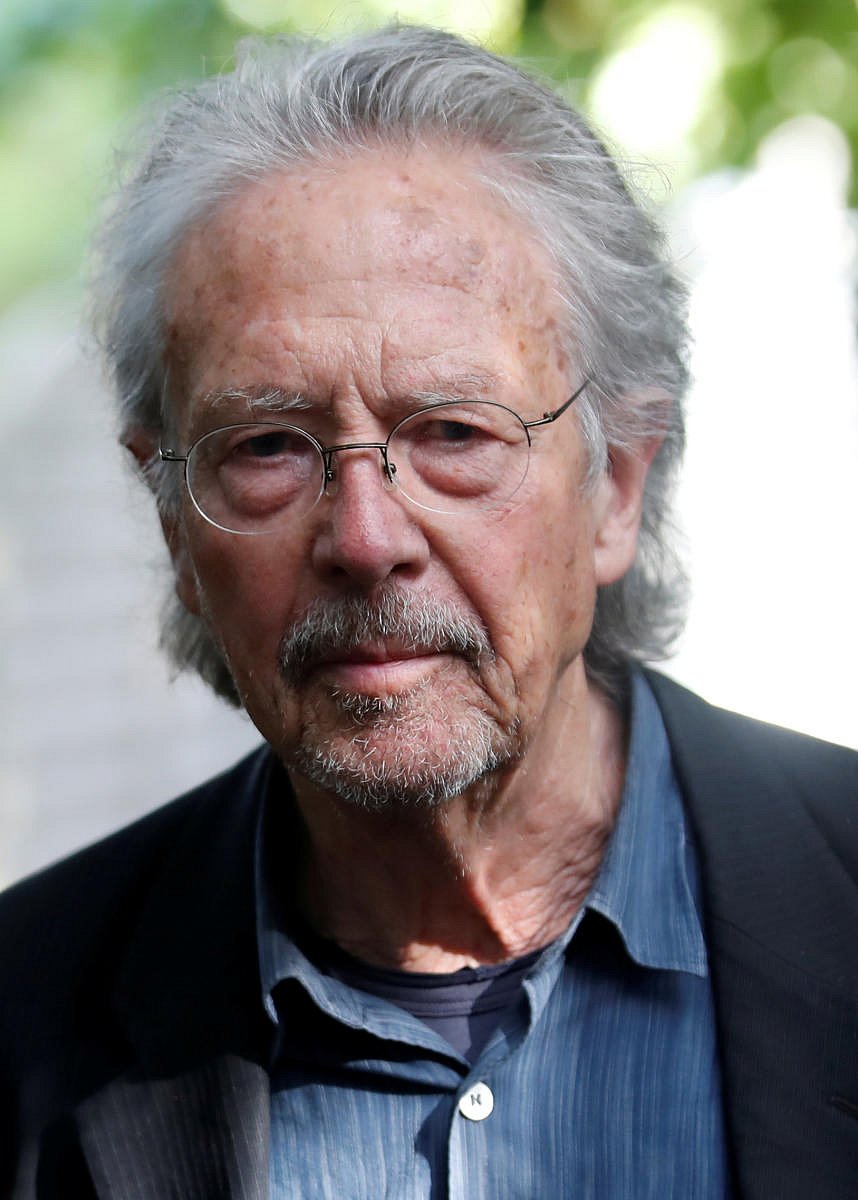As in many past years, the Nobel prize for literature is caught in an unseemly controversy again this year. The Swedish Academy had decided to withhold the award last year after the eruption of a scandal over the arrest of the husband of an award committee member on rape charges. But last year’s prize has been awarded now to eminent Polish novelist, activist and public intellectual Olga Tokarczuk, and this year’s prize has gone to Austrian playwright and novelist Peter Handke. But the award has given rise to much criticism and adverse responses. The choice of Tokarczuk has not been opposed on merit. The award committee’s praise of her “narrative imagination’’ is well accepted, and her themes of migration and cultural transition are very relevant in today’s world. But the criticism that the committee is unable to look beyond Europe for good writing has again gained strength. Of the 116 literature laureates to date, 75 wrote in European languages. Only 15 were women. Though the award for Tokarczuk might help to correct, for once, the male-centric perspective, the fact remains that both the winners are from Europe.
The choice of Handke is more troubling and disturbing, and it has met with strong disapproval from many quarters, including writers, leaders of culture and intellectuals. The committee has cited that he has produced “influential work with linguistic ingenuity’’ and has “explored the periphery and specificity of human experience’’. But he has an unseemly reputation as a person with extreme right-wing leanings, a supporter of concentration camps and a “fascist apologist’’. He openly supported the Serbian ultra-nationalists during the civil war in the 1990s, contested the massacre of Bosnians at Srebrenica, claiming that the victims had staged it themselves, and praised the international war criminal Slobodan Milošević. He has been widely criticised and derided in the last two decades for his retrograde views and positions.
The relationship between the politics and the work of a writer or artist is a contested topic and it may not always be right to judge a writer by his views. But the ethical compass and the moral world of a writer should receive paramount attention in the award of a prize like the Nobel literature prize which, as Alfred Nobel’s will said, should be awarded to the writer of “work done in an ideal direction.’’ Handke’s writing fails that test. It is unfortunate that a writer who has propagated and supported wrong causes, has tried to misrepresent facts and history and has not cared for human and universal values has been awarded that prize. Ironically, the Nobel literature prize this year has turned out to be a statement against the Nobel peace prize.

